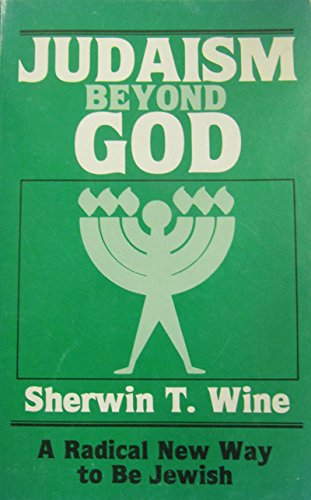The Conservative Movement is made of much the same stuff as Modem Orthodoxy. But it is bolder. Spawned in Germany in the middle of the nineteenth century, it found its most comfortable home in North America. Identified with three rabbinical seminaries in Breslau, Budapest, and New York, it was explained and defended by scholar luminaries like Zacharias Frankel, Heinrich Graetz, and Solomon Schechter.
Initially united with the reformers in an alliance against the Rejectionists, its leaders split early from the coalition on the issue of the halakha. Developing a “positive historical” approach to the problem of Jewish behavior and Jewish identity, they adopted a pragmatic stance: free philosophic inquiry together with moderate ritual conformity. The mind would be reasonable, but the body would be traditional. Since most people settle for appearances, it was an appealing compromise. Secularized Jews could feel traditional without having to be assaulted by traditional ideas.
All Conservatives agreed that nothing should be done to destroy the appearance of tradition—at least, in synagogue behavior and holiday observance. Musical instruments might be tried for Sabbath worship. The sexes might be mixed for synagogue services. Protestant style sermons might be added for public edification. But little was done to shatter the “look” of tradition. And nothing was done for which a talmudic justification was not found.
As time makes innovation seem traditional, creeping change never destroys the illusion. When the Conservatives finally decided to ordain their women rabbis, they dressed them up in the symbols of the old male chauvinism and stretched a few talmudic quotations to justify their action.
The Conservative Movement in America has been the most successful of all the modern Jewish “denominations” because it allows the Jews to have their cake and eat it simultaneously. Like Modern Orthodoxy, it chooses to offend no one—or, at least, very few. Since it deals primarily with appearances, it has difficulty dealing with the substance of belief and integrity. Speaking the ideas of reason and dignity while wearing the costume of faith and humility is precarious theater. It gives all moral power to the Rejectionists who, at least, believe in what they do.
Here is the problem: having to prove that you are what you are not undermines your dignity. Many Conservative rabbis suffer from a guilty reverence of pious authority. They admire teachers who despise them.

